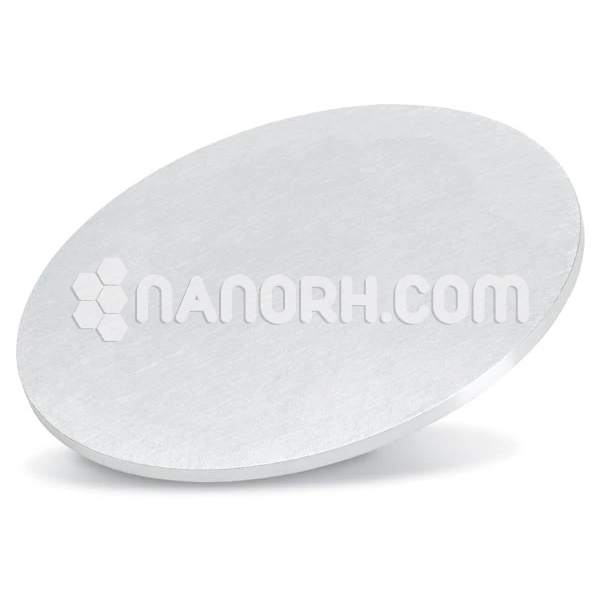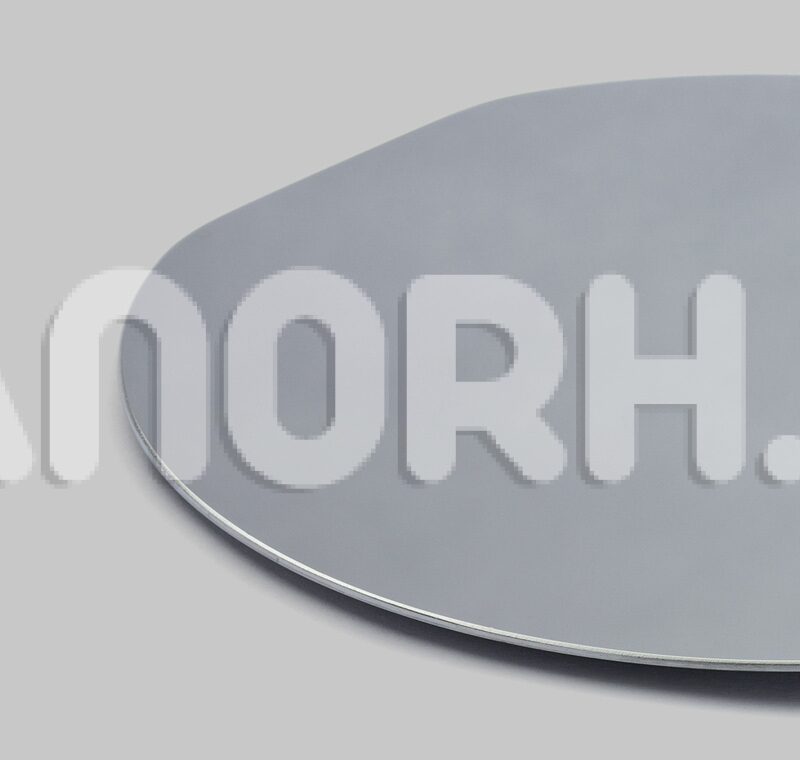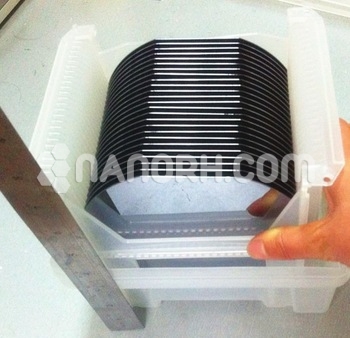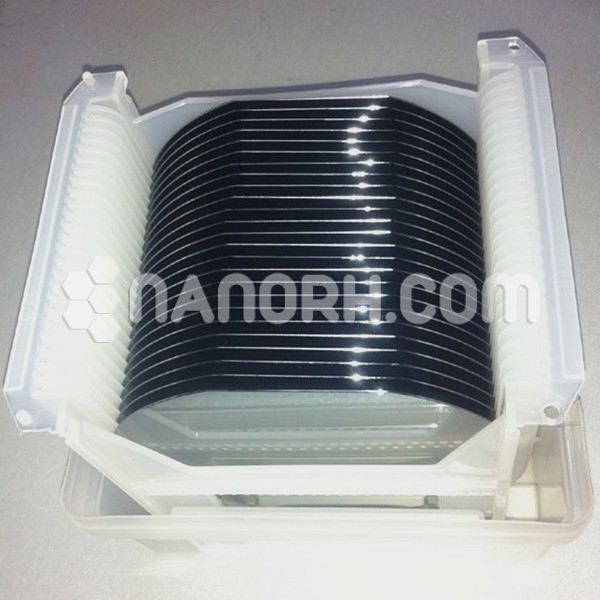| Lithium Nickel Cobalt Oxide Sputtering Targets | |
| Product No | NRE-43247 |
| CAS No. | 113066-89-0 |
| Formula | LiNi(1-x)CoxO2 |
| Molecular Weight | 365.38 |
| Purity | >99.9% |
| Density | NA |
| Thickness | 3 mm ± 0.5mm (can be customized) |
| Diameter | 50 mm ± 1mm (can be customized) |
| Shape | Round |
| Resistivity | NA |
| Thermal Conductivity | NA |
Lithium Nickel Cobalt Oxide Sputtering Targets
Introduction
Lithium Nickel Cobalt Oxide Sputtering Targets is a key material in the field of lithium-ion batteries, particularly known for its role as a cathode material in high-energy applications. This compound combines nickel and cobalt to enhance capacity and thermal stability, making it a popular choice for electric vehicles, consumer electronics, and energy storage systems. Its high specific energy, long cycle life, and relatively low cost contribute to its widespread adoption.
Sputtering Targets made from lithium nickel cobalt oxide are used in thin film deposition techniques to create high-performance cathode layers for lithium-ion batteries and various electronic devices.
Applications of
Lithium-Ion Batteries:
Cathode Material: LiNi(1-x)CoxO2 is extensively used as a cathode in lithium-ion batteries, providing high energy density and improved thermal stability. This makes it suitable for applications ranging from consumer electronics to electric vehicles and renewable energy storage.
Thin Film Batteries:
Sputtered lithium nickel cobalt oxide can be utilized in the fabrication of thin film batteries, which are critical for compact and lightweight electronic devices, such as wearables and microelectronics.
Energy Storage Systems:
The material is also explored in large-scale energy storage systems due to its efficiency and durability, supporting the integration of renewable energy sources.
Electrochemical Sensors:
LiNi(1-x)CoxO2 can be employed in electrochemical sensors for monitoring lithium ion concentrations and other chemical species, leveraging its conductive properties.
Protective Coatings:
Sputtered films of lithium nickel cobalt oxide may serve as protective coatings in electronic devices, enhancing their resilience against wear and environmental factors.




